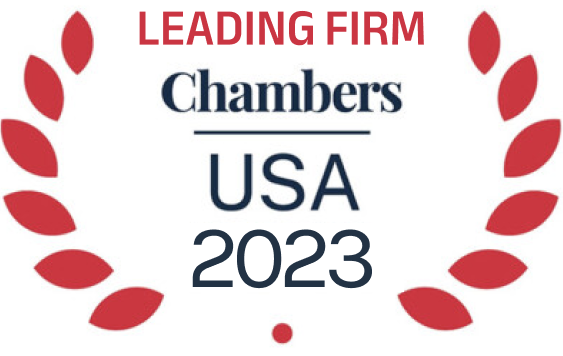
View, Inc. Securities Lawsuit Investigation
View stock plummets 24% after delaying its earnings report, pending audit investigation
On August 16, 2021, building technology company View, Inc. (NASDAQ: VIEW) announced it was delaying its Q2 2021 financial results because its Audit Committee was investigating the “adequacy of the company’s previously disclosed warranty accrual.” View, Inc. had just recently completed its SPAC merger on March 8, 2021.
On the news of its Q2 reporting delay, View stock plummeted 24%, causing significant harm to investors.
Lost money in View stock?
You may be eligible to recover your losses. Get a free and confidential consultation.
(Please provide number of shares, purchase date, and estimated losses.)
View Inc. delays quarterly earnings report
View develops building technology products, including electrochromic glass panels that can reduce glare or detect security threats.
On August 16, 2021, View announced the Audit Committee of its Board of Directors had recently begun an independent investigation, with independent advisors, into the company’s “previously disclosed warranty accrual.” View said it could not finalize its financial statements and file its Form 10-Q until the investigation was finished, and it could not predict how long the investigation would take. Further, it could not predict the investigation’s impact on “the company’s financial results” or “the company’s assessment of its internal control over financial reporting for prior periods.”
SPACs Like View Raised Billions in 2021 but Face Lawsuits and SEC Scrutiny
View recently IPO’d on March 8, 2021 by merging with a special purpose acquisition company (SPAC) sponsored by Cantor Fitzgerald, L.P.
SPACs, or special purpose acquisition companies, are commonly known as “blank check” shell companies. SPACs provide an alternative to the traditional IPO process, and serve the primary purpose of raising investor proceeds to eventually acquire a private company. Investors typically buy into a SPAC before it announces, or even decides, which private company it will attempt to acquire.
While SPAC investors have the potential to realize significant gains, they are also much more vulnerable to market volatility and other types of fraud. Investors may be vulnerable to a variety of SPAC fraud by sponsors, including:
- Misrepresenting material facts related to the SPAC or the company to be acquired;
- Failing to properly investigate or conduct due diligence on the company to be acquired; or
- Engaging in self-dealing or failing to disclose conflicts of interest with the acquisition company.
SPACs have recently come under SEC scrutiny and investor lawsuits against SPACs are on the rise. According to MarketWatch, many of these lawsuits allege SPAC directors failed to disclose sufficient information about the companies they intended to merge with.
Our Securities Lawyers Have a Winning Record Against Companies Like View
Our securities lawyers have recovered over a billion dollars on behalf of our clients against behemoths, such as Chase Bank, Mastercard, and Anthem Blue Cross Blue Shield. Read more about our results.

You “shouldn’t presume that powerful banks and other powerful interests can just get away with doing bad things. Good, qualified counsel that are committed to a cause can usually figure out how to prosecute such cases effectively and prevail.”
–Eric Gibbs, award-winning securities attorney

Praise from the Courts
Federal judge in our AT&T class action:
“I’ve always found them to be extraordinary counsel in terms of their preparation and their professionalism.”
Federal judge in our Chase lawsuit (resulting in $100 million settlement):
They “fought tooth and nail, down to the wire” to achieve “the best settlement that they could under the circumstances.”
Read more about what judges say about us.
Our Featured Securities Team
Eileen Epstein Carney
Eileen represents investors and consumers harmed by financial fraud and other corporate misconduct. She also executes on the firm's strategic vision.
View full profileDave Stein
Dave represents clients in cases nationwide, ranging from securities and financial fraud cases to product liability, privacy, and data breach suits.
View full profileAmanda Karl
Amanda represents employees, consumers, and sexual assault survivors in complex class actions. She also leads the firm’s Voting Rights Task Force.
View full profileGibbs Law Group's Financial Fraud Experience
We have fought some of the most complex cases brought under federal and state laws nationwide, and our attorneys have been recognized with numerous awards and honors for their accomplishments, including Top 100 Super Lawyers in Northern California, Top Plaintiff Lawyers in California, The Best Lawyers in America, and rated AV Preeminent (among the highest class of attorneys for professional ethics and legal skills).




